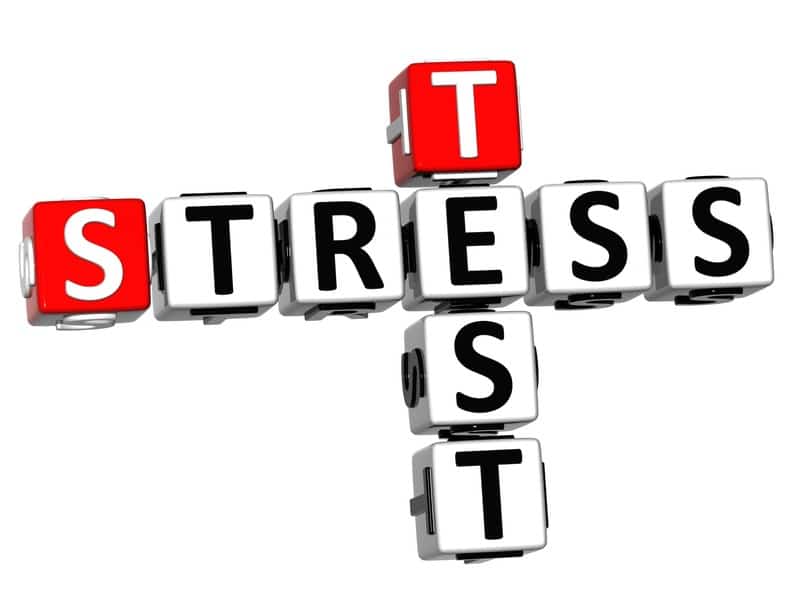
The first thing any prospective homebuyer needs to do is determine whether you can afford to buy the home you want. The Bank of Canada said on Thursday, that high household indebtedness and imbalances in the housing market have intensified in the last year, leaving the economy more vulnerable to economic shocks.
Canada’s housing market boom and the corresponding rise in mortgage debt support economic growth in the short-term but also increase the risk to the economy and financial system over the medium term, the central bank said in its annual review of financial systems. Although consumer debt has fallen since early 2020, an increase in mortgage debt has more than offset that decline, with total household debt rising sharply since mid-2020.
‘The vulnerability associated with elevated household indebtedness is significant and has increased over the past year’ the bank said, adding the quality of new mortgage borrowing had deteriorate during the pandemic.
The share of newly issued mortgages with a loan-to-income ratio above 450% rose substantially in the second half of 2020 and account for 22% of all new mortgages. That is above the range seen in 2016-2017, before Canada’s financial regulator introduced mortgage stress tests intended to cut out risky lending.
In a release yesterday, the Office of the Superintendent of Financial Institutions(OSFI) said the new qualifying rate for Insured and Uninsured mortgages, will rise to either the mortgage contract rate plus 200 basis points, or 5.25%, whichever is higher.
Currently the stress test is set at the mortgage rate plus 200 basis points – or 2 percentage points – or the Bank of Canada’s five-year rate, which currently is 4.79%, whichever is higher.
The new rate will take effect on June 1, 2021 and will be applicable to all mortgages approved on June 1, 2021 or later. It’s estimated that this would reduce purchasing power by between 4% and 5%.
A Look at the Numbers
Currently the average posted 5-year big bank mortgage rate is 4.79%, but it is not difficult to find a loan at about half that rate, a little over 2% by shopping around. A look at the numbers shows how easy it is to get in over your head.
At 2%, a 25-year mortgage of $300,000 would cost $1,270 per month. If rates were to rise to 4.79%, where the big bank posted rates already are, that monthly payment goes up by almost $500 a month, to $1,709 per month. That’s an increase of almost 35% to a borrower’s monthly budget.
At 5.25% the new stress test rate, the monthly payment would jump to $1,788 per month.
If the numbers show that a borrower’s finances wouldn’t be able to withstand a significant rate hike, the borrower fails the stress test, and a lender isn’t allowed to lend them money.
Now’s a good time to think about what’s next for your mortgage. Don’t delay, give one of our mortgage experts a call to discuss your best options.
Original Articles: www.mortgagebrokernews.ca and www.cbc.ca/news


